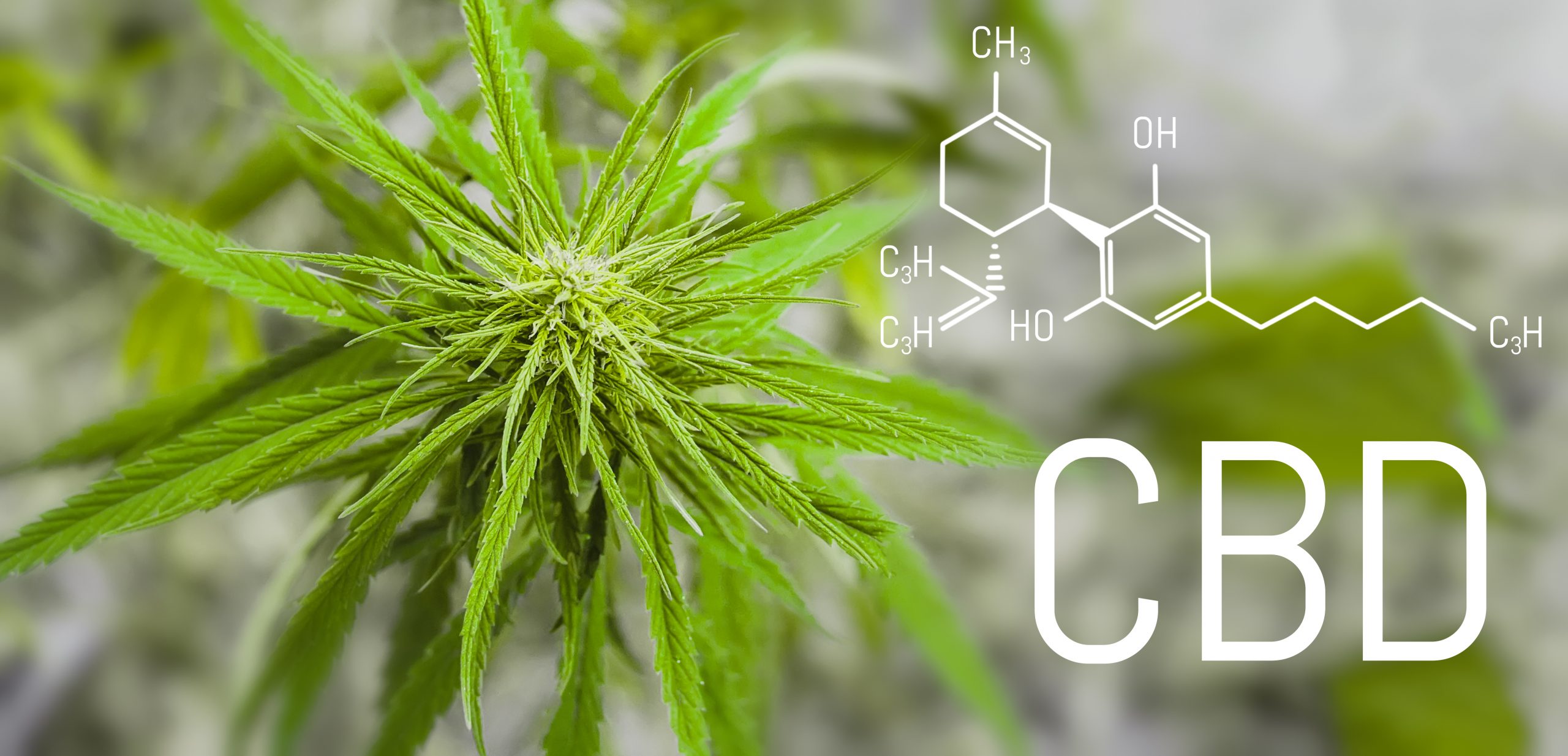
What Does CBD Stand For
CBD stands for cannabidiol. It is the non-psychoactive molecule in Hemp and Cannabis plants. Hemp has largely been legalized across the U.S., which has turned our eyes to the powers of cannabidiol (CBD). It’s not just getting everyday consumers excited — scientists are also closely studying its benefits to our bodies and our mental health.You might know that it’s good for you. You even understand that CBD is some kind of component of cannabis. But the question remains: what is CBD? We’re going to answer that question in several ways, ranging from nerdy, trivia-night-winning deets about CBD to the different ways to experience it.
Table of Contents
The Nitty-Gritty Facts About CBD
Here are the nerdy, dirty facts about CBD that will win you any cannabis-themed trivia night.
As a compound found in both marijuana and hemp plants, CBD is only found in isolation in the hemp plant. It’s present throughout the plant — in its resinous flowers, stems, and leaves. Tetrahydrocannabinol (THC) is still illegal in many states, so the argument that’s won hemp such widespread legalization is the fact that it doesn’t really contain any THC — and is only used for CBD.
Our bodies are fairly happy to see CBD whenever it’s introduced. We actually have a system specifically geared toward receiving cannabis compounds called the endocannabinoid system, and CBD, in particular, spends time around our CB1 and CB2 receptors.
Here’s the weird part, though: while most cannabinoids bind directly to these receptors, CBD mostly affects how those receptors receive cannabinoids. It’s a sort of magic elixir that engages our endocannabinoid levels and allows them to have a greater positive effect on our mental state, immune system, and more.
What Is CBD Good for?
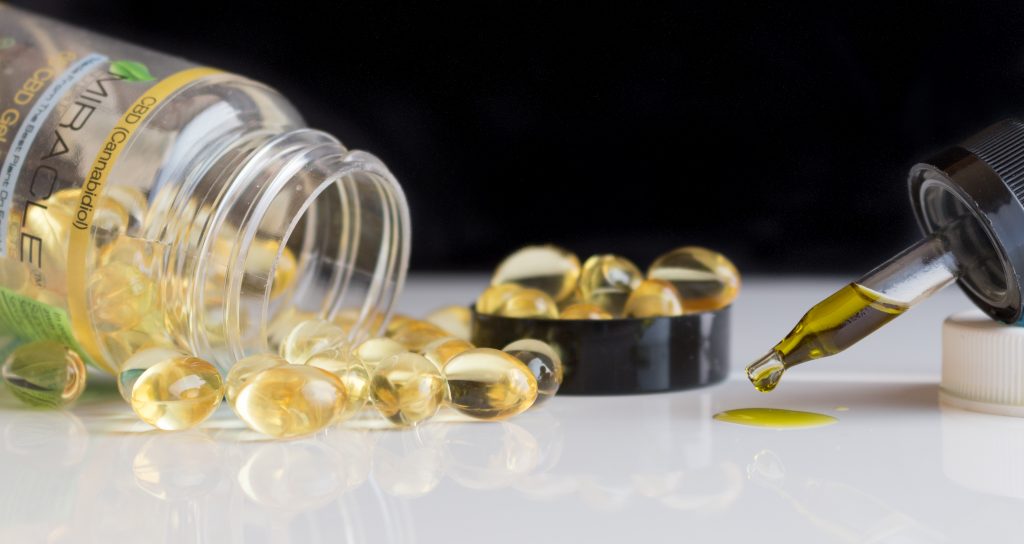
- CBD research is kind of exploding these days, and scientists have good reason to believe it helps us in the following ways:•
It can help stabilize our mood. Plenty of research has been done on humans and animals, showing CBD to have a mood-stabilizing effect. It likely interacts with our serotonin receptors, which explains the sense of calm it often delivers.
It can help stabilize our mood. Plenty of research has been done on humans and animals, showing CBD to have a mood-stabilizing effect. It likely interacts with our serotonin receptors, which explains the sense of calm it often delivers.
It can minimize pain. Because it modifies how our endocannabinoid system receives cannabinoids, CBD can help with aches and pains.
It can clear up the skin. CBD can also help reduce facial blemishes by suppressing the production of excess skin oil and reducing inflammatory cytokines, according to a recent study.
It may be heart-healthy, too. High blood pressure is a significant health concern, and CBD has shown the potential to maintain balanced systolic blood pressure, which ultimately supports heart health.
It can help you sleep. When we are unable to sleep well, pretty much everything else suffers as a result. CBD demonstrates a convincing and positive effect on falling and remaining asleep for enough time through the night, and it also can help general sleep rhythms.
CBD has antioxidant properties. Sometimes atoms go astray and become free radicals, traveling through your body and causing mayhem at every turn. CBD is a generous philanthropist and is always willing to donate an electron to such troubled radicals, making them inert and harmless, which reduces oxidative stress and protects your heart’s health.
So while CBD is not an intoxicant and doesn’t get you high, it can have a calming effect on your mood. Does this make it psychoactive? Well, that’s a matter of semantics, but the short answer is: not really. The effect is mild enough that it’s safe to drive after taking it, it doesn’t sedate you, and any significant reaction to it is quite rare.
What Is CBD Oil?
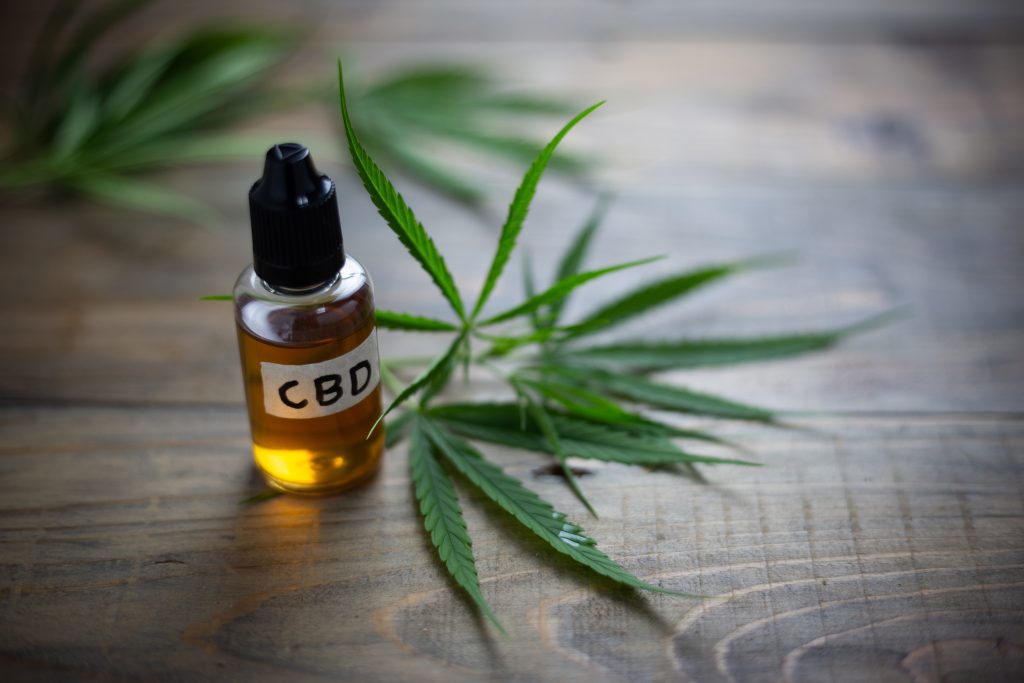
It all starts with the hemp plant — that wonderful, giving plant that’s been unfairly treated for far too long. Hemp used to be a widely farmed and recognized crop, but the Marihuana Tax Act of 1937 made growing it illegal. This persisted until the 2014 Farm Bill, which legalized hemp farming across most of the U.S. As we graduate from the long era of misguided policy-making toward hemp, we’re now at the start of a new chapter.
This brings us to CBD oil. Because CBD is fat-soluble, any “carrier” (any substance it’s dissolved in to form an ingestible solution) has to be oil as well. Hence, CBD oil is usually nothing more than pure CBD diluted with hemp seed oil or coconut oil, making it healthy and pleasant to ingest.
Bonus hemp trivia: we derive many different products from hemp — aside from CBD. It’s where we get the delicious and nutritious hemp seed oil and the materials that make rope, shoes, biofuel, insulation, paper, and clothing.
What Is CBD’s Safety Record?
CBD is known for its high tolerability and rare, mild side effects. Because most studies are fairly new, CBD isn’t FDA-regulated yet. There’s not a ton of information on how to find the proper dosage, so recommendations are usually based on each individual and their needs.
For this reason, we recommend always buying products that are third-party lab-tested, grown organically, and grown in the United States. When you first try CBD, follow the recommended doses on the bottle to dial in your preferred amount. Figuring out what works for you will also help you make for the perfect drinks, food, and treats with your CBD.
Summary
Although CBD is found in the marijuana plant, its production comes mostly from the hemp plant, which contains no THC. The hemp plant is a major player in the agricultural world, providing raw materials for building, clothing, footwear, paper, and much more. It’s also where we get CBD oil, which is simply CBD in a solution of coconut or hemp seed oil.
CBD is nonpsychoactive, though it can have a calming and therapeutic effect on your mood. CBD doesn’t bind directly to our CB1 and CB2 receptors, but it helps them interact with cannabinoids to improve our overall experience. It’s also showing promise in helping with acne, pain management, insomnia, blood pressure, and oxidative stress. All of this is currently under research, and conclusive evidence is likely on the horizon.
Because it’s not yet FDA-regulated, always make sure you’re getting high-quality CBD by ensuring that it is third-party lab-tested and grown organically in the U.S.
References
1. Jadoon KA, Tan GD, O’Sullivan SE. A single dose of cannabidiol reduces blood pressure in healthy volunteers in a randomized crossover study. JCI Insight. 2017;2(12):e93760. Published 2017 Jun 15. doi:10.1172/jci.insight.93760
2. Linares IM, Zuardi AW, Pereira LC, et al. Cannabidiol presents an inverted U-shaped dose-response curve in a simulated public speaking test. Braz J Psychiatry. 2019;41(1):9-14. doi:10.1590/1516-4446-2017-0015
3. Foria. CBD: Benefits for Your Endocannabinoid System. Published August 4, 2018. Accessed July 21, 2020.https://www.foriawellness.com/blogs/learn/your-endocannabinoid-system-cbd
4. Genaro K, Fabris D, Arantes ALF, Zuardi AW, Crippa JAS, Prado WA. Cannabidiol Is a Potential Therapeutic for the Affective-Motivational Dimension of Incision Pain in Rats. Front Pharmacol. 2017;8:391. Published 2017 Jun 21. doi:10.3389/fphar.2017.00391
5. Oláh A, Tóth BI, Borbíró I, et al. Cannabidiol exerts sebostatic and antiinflammatory effects on human sebocytes. J Clin Invest. 2014;124(9):3713-3724. doi:10.1172/JCI64628
6. Rajesh M, Mukhopadhyay P, Bátkai S, et al. Cannabidiol attenuates cardiac dysfunction, oxidative stress, fibrosis, and inflammatory and cell death signaling pathways in diabetic cardiomyopathy. J Am Coll Cardiol. 2010;56(25):2115-2125. doi:10.1016/j.jacc.2010.07.033
7. Gill LL. Can CBD Help You Sleep? Consumer Reports. Published February 5, 2019. Accessed July 21, 2020. https://www.consumerreports.org/cbd/can-cbd-help-you-sleep/
8. Gurganus M. Is it legal to drive after taking CBD? Remedy Review. Updated May 1, 2020. Accessed July 21, 2020. https://www.remedyreview.com/health/can-you-drive-after-taking-cbd/
9. Hemp uses, information facts – Hemp Basics. Hemp Basics | Natural Hemp Products. Accessed July 21, 2020. https://www.hempbasics.com/shop/general-hemp-information
10. Kubala J. 7 Benefits and Uses of CBD Oil (Plus Side Effects). Healthline. Published February 26, 2018. Accessed July 21, 2020. https://www.healthline.com/nutrition/cbd-oil-benefits
11. Bauer BA. CBD: Safe and effective? Mayo Clinic. Published December 20, 2018. Accessed July 21, 2020. https://www.mayoclinic.org/healthy-lifestyle/consumer-health/expert-answers/is-cbd-safe-and-effective/faq-20446700
12. Bonn-Miller MO, Loflin MJE, Thomas BF, Marcu JP, Hyke T, Vandrey R. Labeling Accuracy of Cannabidiol Extracts Sold Online. JAMA. 2017;318(17):1708–1709. doi:10.1001/jama.2017.11909




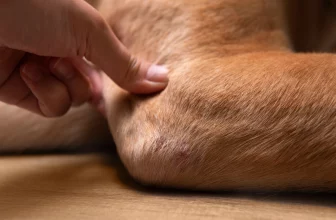
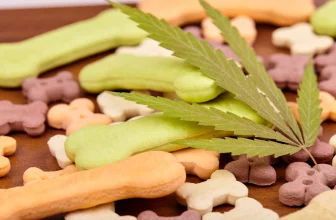

[…] CBD ) is the non-psychoactive part of the cannabis plant. Basically it does not get you high. THC is the […]